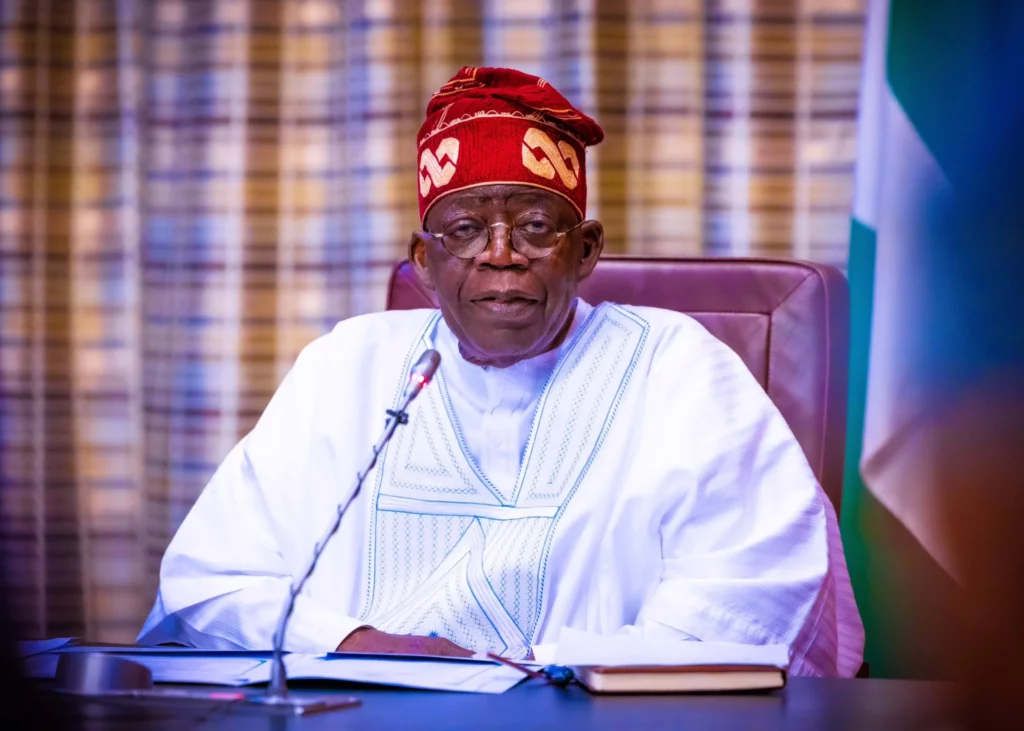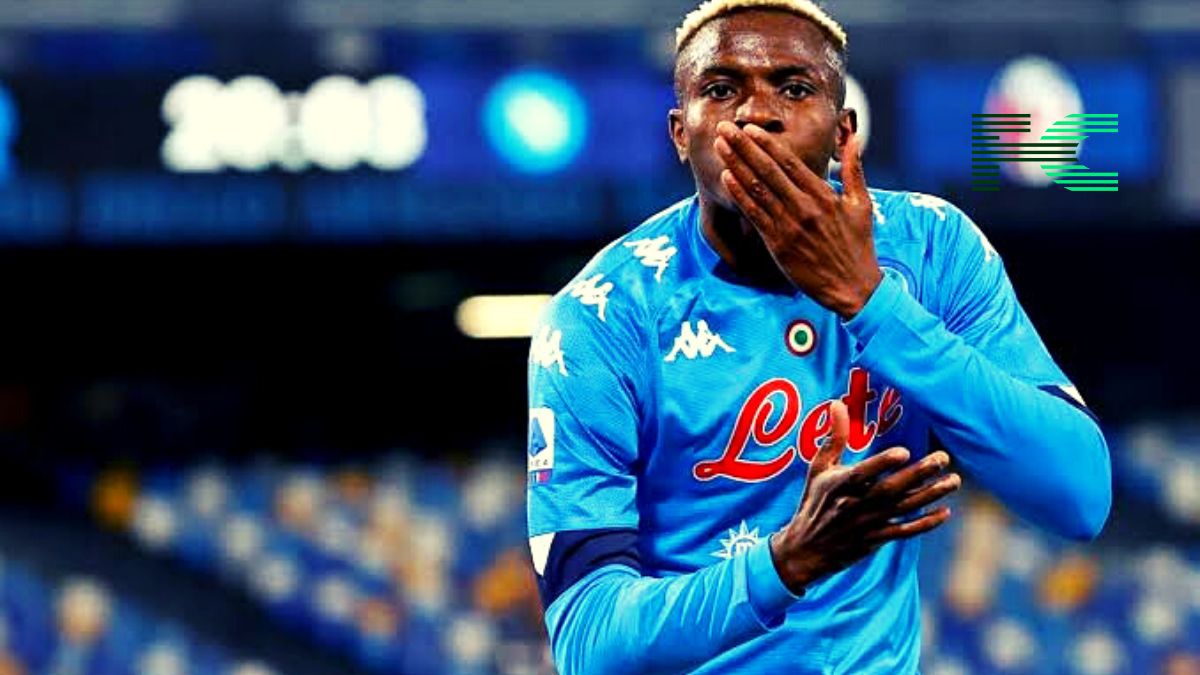In a sudden Friday night announcement, President Bola Tinubu executed a sweeping overhaul of Nigeria’s military high command, replacing the heads of the Army, Navy, and Air Force in a move officially framed as an effort to “strengthen national security.”
However, the sudden dismissal of Defence Chief General Christopher Musa and his top commanders raises a key question:
“Is this a routine security review, or a strategic purge in the shadow of a reported coup probe that has shaken the foundations of the Tinubu administration?”
The presidency’s statement presented the reshuffle as a necessary step to tackle the country’s persistent security crises, from the Islamist insurgency in the northeast to rampant banditry in the northwest. The new appointees, led by General Olufemi Oluyede as Defence Chief, were instructed that their appointments take “immediate effect.”

Yet, the timing and scope of the shake-up are deeply conspicuous. It comes just weeks after reports emerged of an alleged coup plot and the secret detention of senior military officers. The removal of General Musa, a key figure appointed by Tinubu himself just over two years ago, suggests a clearing of the decks and an assertion of control that goes beyond mere strategic reassessment.
Why It Matters
President Tinubu’s military shake-up has all the hallmarks of a preemptive strike. While the official narrative focuses on external security threats, the swift and comprehensive nature of these changes points directly to an internal consolidation of power.
By installing a new command team in the midst of a alleged coup investigation, Tinubu is not just responding to security challenges; he is actively reshaping the military’s leadership to ensure its loyalty. This move signals a regime deeply concerned about threats from within its own security apparatus. The real story is not just who was appointed, but the silent, high-stakes political warfare that made these appointments necessary.

















